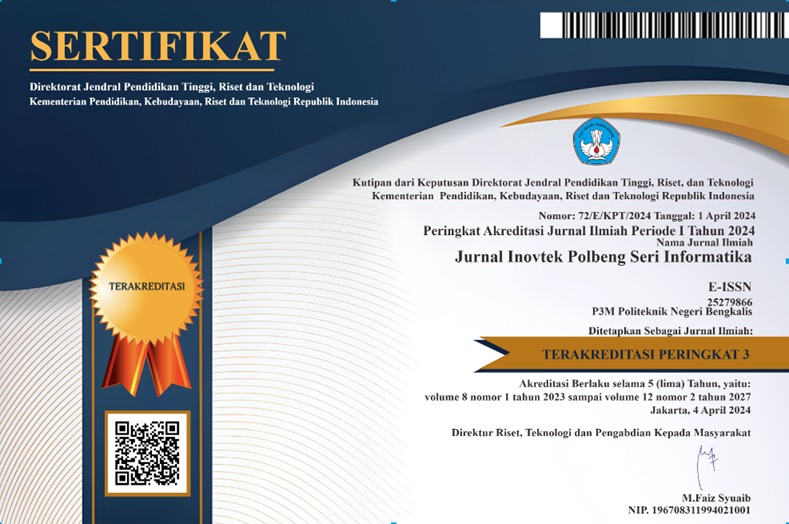Sentiment Analysis of Telegram Application User Satisfaction on Google Play Store Using Naïve Bayes, Logistic Regression and SVM
DOI:
https://doi.org/10.35314/r6cyb589Keywords:
Sentiment Analysis, Logistic Regression, Naïve Bayes, SVM, TelegramAbstract
Sentiment analysis is a technique for finding out how people feel about something and putting the polarity of text into groups of documents or words so that they can be labeled neutral, positive, or negative. We will use the Naïve Bayes algorithm, logistic regression, and SVM to conduct sentiment analysis on how happy Telegram app users are. The purpose of this study is to see what people who use the app think and group their thoughts into three groups: neutral, positive, and negative. The three methods' results will be compared to see which is most accurate for this study. The results of this sentiment analysis show that many users are dissatisfied with the verification code they need to register or log in to their accounts. This makes it difficult for new users to get the verification code because the app itself sends it. The SVM approach has an accuracy value of 89.73%, which means it is more accurate in this study. The Naïve Bayes approach is accurate by 75.61%, while the logistic regression method is accurate by 87.49%.
Downloads
Downloads
Published
Issue
Section
License
Copyright (c) 2025 INOVTEK Polbeng - Seri Informatika

This work is licensed under a Creative Commons Attribution-NonCommercial-ShareAlike 4.0 International License.














